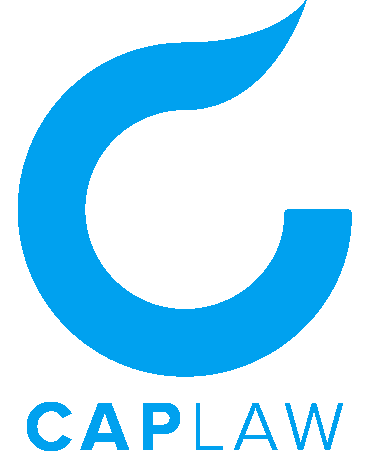CARES Act Benefits for Nonprofit CAAs
Emergency Economic Injury Disaster Loans (SBA § 7(b) Loans)
Overview***
The Small Business Administration (SBA) offers Emergency Economic Injury Disaster Loans (EIDLs) to small businesses and nonprofit organizations that have suffered a substantial economic injury as a result of the COVID-19 crisis. EIDLs may be used to maintain payroll, make rent or mortgage payments, pay increased costs resulting from supply chain disruptions and cover other obligations that they might not otherwise be able to cover due to the crisis. The EIDL program previously offered advances of up to $10,000, but those funds have been allocated and are no longer available. The Consolidated Appropriations Act, 2021 established an additional, targeted EIDL advance program for certain applicants that previously received an EIDL advance for less than $10,000 due to lack of available program funding.
Eligibility***
Private non-profit community action agencies (CAAs) and state associations (both 501(c)(3)s and 501(c)(4)s) are eligible to apply if they have been in operation since January 31, 2020 and have suffered substantial economic injury as result of COVID-19.
The term “substantial economic injury” means an economic harm to an organization that results in its inability (i) to meet its obligations as they mature; (ii) to pay its ordinary and necessary operating expenses; or (ii) to market, produce, or provide a product or service ordinarily marketed, produced, or provided by the organization.
Nonprofits are eligible for a targeted EIDL advance if they have 300 or fewer employees, their business address is located in a low-income community, and they can demonstrate a reduction in revenue of more than 30% after March 2, 2020, or later.
How to Apply***
The application for the EIDL program is available online at covid19relief.sba.gov.
Approval for an EIDL may be based solely on the applicant’s credit score, and applicants do not need to submit a tax return. No collateral is required for loans of less than $25,000. For loans of more than $25,000, a general security interest in business assets may be used for collateral instead of real estate. For loans exceeding $200,000, a personal guarantee is required. Borrowers must also allow the SBA to review their tax records.
The CARES Act waives the requirement that applicants seek to obtain credit elsewhere before turning to the federal government.
Do not submit an EIDL application if you think that you qualify for the targeted EIDL advance. SBA is not accepting applications for the advance and will reach out to qualified entities by email with further instructions.
Using EIDL Funds
EIDL funds may be used for any of the allowable purposes available for a loan made under section 7(b)(2) of the Small Business Act (15 U.S.C. 636(b)(2)), including—
- providing paid sick leave to employees unable to work due to the direct effect of the COVID–19;
- maintaining payroll to retain employees during business disruptions or substantial slowdowns;
- meeting increased costs to obtain materials unavailable from the applicant’s original source due to interrupted supply chains;
- making rent or mortgage payments; and
- repaying obligations that cannot be met due to revenue losses.
EIDL Loan Amount***
Applicants may receive up to six months of working capital, up to a maximum of $150,000. The targeted EIDL advance provides up to $10,000 to qualifying businesses.
Loan Terms and Loan Forgiveness***
The EIDL interest rate is 2.75% for nonprofit organizations. EIDLs can have maturities up to 30 years. EIDL payments can also be deferred for up to a year; however, interest accrues during deferment periods.
Any EIDL the applicant receives after January 31, 2020 can be refinanced into its PPP loan.
EIDLs are not forgivable, except for the advance grant, if the applicant receives one. The advance does not have to be returned, even if the applicant’s EIDL application is subsequently denied. The CARES Act originally required that the amount of an EIDL advance be deducted from the forgivable portion of its PPP loan. However, the Economic Aid to Hard-Hit Small Businesses, Non-Profits, and Venues Act, which was enacted as part of the Consolidated Appropriations Act, 2021, repealed this requirement. This means that EIDL advances will no longer be subtracted from a borrower’s PPP loan forgiveness amount.
Additional Resources***
- For additional information, see the following resources:
- Section 1110 of the CARES Act
- Disaster Assistance Website (Small Business Administration)
- Guide to SBA’s Economic Injury Disaster Loans (U.S. Chamber of Commerce)
***Updated April 23, 2021
This resource is part of the Community Services Block Grant (CSBG) Legal Training and Technical Assistance (T/TA) Center. It was created by Community Action Program Legal Services, Inc. (CAPLAW) in the performance of the U.S. Department of Health and Human Services, Administration for Children and Families, Office of Community Services Cooperative Agreement – Grant Award Number 90ET0467-03. Any opinion, findings, conclusions, or recommendations expressed in these materials are those of the author(s) and do not necessarily reflect the views of the U.S. Department of Health and Human Services, Administration for Children and Families.
